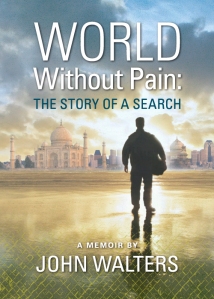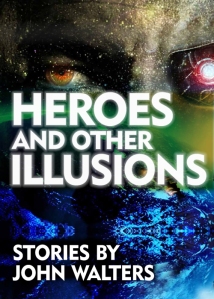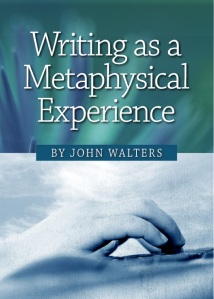I didn’t like this book. There was too much in it I didn’t agree with. I thought I would like it, and I wanted to like it. It’s on a subject I am very interested in, the use of the Internet and its effect on the human psyche. It was even a finalist for the Pulitzer Prize, which whetted my interest further. In retrospect now, all that did was take away some of my respect for whatever committee makes those Pulitzer decisions.
My discontent started almost right away, when near the beginning of the book Carr states that due to his use of the Internet, he can no longer focus on deep reading of full-length books, and that he has noticed this phenomenon in many others. In my experience, this is far from the truth. I have to use the Internet many hours a day, skimming web pages for research as I write articles. But that in no way diminishes my capacity to focus on or my enjoyment of the books I am always in the process of reading. I have been using the Internet for years, and I have been reading for far longer than that. My keen pleasure in plunging deep into a five hundred, eight hundred, or thousand page book is in no way diminished. The work I do on the Internet, as well as the communication and occasional entertainment, is one facet of my life, and the reading and writing of books is another. Fine, I understand that if Carr himself personally has trouble focusing on reading after whatever he is doing online, something is wrong and he should look into it. But to make broad, sweeping statements as he does just because he and some people he knows has a problem with concentrating is a huge logical leap in the dark. He tries to back up his claims by going into historical and technological minutia, but it just doesn’t wash.
And I am not speaking in isolation either. I am in touch with various online communities of writers and readers who are committed to the reading and writing of literature, and I have never received a hint that the use of the Internet in any way diminishes their ability to focus either on reading or writing. They might complain that they fritter away too much time playing with social media instead of writing, but they are fully capable of getting down to work when necessary.
Carr himself shares a story in his book that gives light to the situation. He writes of Plato’s dialog “Phaedrus”, in which Plato (or his counterpart in the story) and Socrates talk together about many things, and the subject turns to the alphabet and writing. Socrates is against this new technology because he feels that it will subvert memory and oration; Plato, on the other hand, is a writer and recognizes the advantages of the written word. Socrates, as far as it goes, may have been right. Perhaps writing did contribute to the diminution of the power of oration, but that was not the point. The advantages of writing so far overwhelmed the disadvantages that it was inevitable that it would supplant humankind’s reliance on rote memory.
In “The Shallows”, Nicholas Carr is arguing, like Socrates, of the evils of an inevitable technology. And his arguments, though pseudo-logical, in the end make little sense. He is as Socrates trying to stem the flood of the written word through logic of argument. It’s not going to happen.
One thing I did agree with the author about. Near the end of the book, in a chapter on the rise and motivation behind Google, Carr argues that the human mind is far more complex than a collection of computer algorithms. In this he is correct. But what I can’t understand is why he can’t take the next leap of logic and realize that the Internet, like any other technology, is made to be a tool of humankind. True, as a tool it becomes an extension of us while we are using it, but we are in control of what we do with it. Contrary to what Carr seems to believe, the Internet is not some sort of Godzilla that has gotten loose and is running rampant through the downtown Tokyo of our psyches. No. It is a tool – a very valuable tool. True, it should not be misused, just as many other things in this life should not be misused. That does not negate its effectiveness or value.
If Carr has issues with the Internet, if he feels that he cannot handle it on a regular basis, then he should of course curb his use of it. But the problem with this book is that it presents Carr like an Old Testament prophet. “Forty days and Nineveh shall be destroyed,” screamed Jonah as he strode through the city. But guess what? In the end, Nineveh was not destroyed. The people repented and learned to be more responsible. The answer is not to rail against a technology that is supposedly getting out of hand. You can’t stop the use of the Internet any more than Socrates could stop the use of the alphabet and writing. The answer is to posit some practical suggestions to make the Internet more of a positive influence on humankind, to help turn it in the direction it needs to go. All Carr does in this book is string together a whole series of arguments whose central theme is “Internet: bad!” I can’t get behind that. The Internet for me has been a technology of far more good than bad. It has advanced my writing career immeasurably. It has enabled me to more easily communicate with my loved ones. It has put a vast network of knowledge at my disposal for research purposes. So no, to lambast such a terrific technological tool out of unfounded paranoia is wrong, and I cannot recommend this book.
































